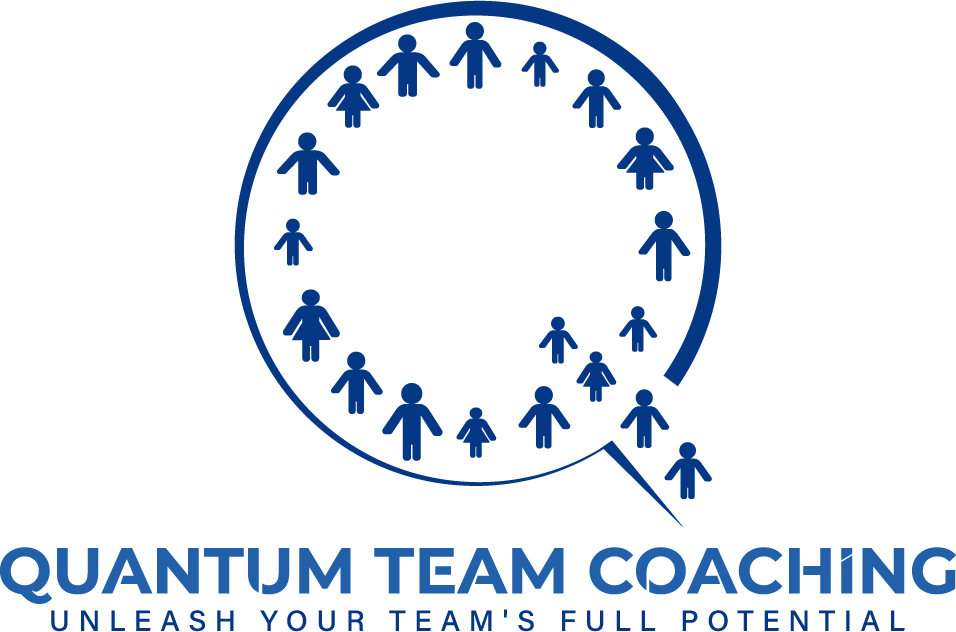Cuando se trata de construir equipos de atención médica exitosos, la tendencia ha sido centrarse en las habilidades técnicas, la experiencia profesional y los logros en el currículum de los candidatos. Si bien la competencia técnica y la experiencia son indudablemente importantes en las prácticas médicas, no son los únicos factores que determinan el éxito. De hecho, contratar únicamente en función de lo que aparece en un currículum puede generar desafíos futuros, especialmente en lo que respecta a la cohesión del equipo, la satisfacción del paciente y la sostenibilidad a largo plazo.
En el ámbito de la salud, donde la resiliencia emocional, el trabajo en equipo y la empatía son esenciales, poner el corazón y la inteligencia emocional en el centro del proceso de contratación ha demostrado ser un factor clave. Incorporar a miembros del equipo que sean emocionalmente inteligentes, estén impulsados por un propósito y alineados con los valores de la práctica no solo mejora la colaboración interna, sino que también eleva la experiencia del paciente, reduce el agotamiento y contribuye a la estabilidad financiera, incluyendo la disminución de cuentas por cobrar (AR).
La inteligencia emocional (IE) se refiere a la capacidad de una persona para reconocer, comprender y gestionar sus propias emociones, así como para manejar las relaciones interpersonales con empatía y conciencia. En un entorno de atención médica, donde el personal enfrenta situaciones emocionalmente intensas a diario, la IE no es solo un “extra” deseable, sino una necesidad.
Los empleados con alta inteligencia emocional aportan mucho más que solo habilidades técnicas. Son capaces de manejar situaciones estresantes, demostrar empatía hacia los pacientes y comunicarse de manera más efectiva con colegas y clientes. Esto tiene un impacto profundo en la calidad de la atención brindada.
Pensemos en una enfermera que es técnicamente competente pero carece de empatía al interactuar con los pacientes. Esto puede generar ansiedad, frustración o sentimientos de abandono en los pacientes, afectando su satisfacción y lealtad a la práctica. En cambio, una enfermera que muestra compasión, paciencia y empatía hará que los pacientes se sientan escuchados y valorados, lo que se traduce en mejores resultados y mayor confianza en la práctica. Esto reduce la probabilidad de malentendidos y quejas, mejorando el ambiente de trabajo y disminuyendo los niveles de estrés para todos.
Además, los miembros del equipo con inteligencia emocional están mejor preparados para manejar la presión de entornos de alta exigencia, lo que reduce el agotamiento y la rotación de personal. El agotamiento es uno de los mayores problemas en el ámbito de la salud y afecta directamente la productividad y la moral del equipo. Los empleados con alta IE poseen la autoconciencia y la capacidad de autorregulación necesarias para lidiar con el estrés, lo que significa que son menos propensos a generar conflictos en el equipo o sufrir agotamiento.
Más allá de la inteligencia emocional, contratar empleados que estén impulsados por un propósito y alineados con la misión de la práctica es clave para construir un equipo de atención médica sólido y resiliente. Los empleados impulsados por un propósito son aquellos que sienten una conexión profunda con los objetivos y valores de la organización en la que trabajan. En la atención médica, esto significa personas genuinamente apasionadas por el cuidado de los pacientes, que encuentran satisfacción en ayudar a los demás y que creen en la misión de la práctica de la que forman parte.
Cuando los miembros del equipo tienen un propósito claro, su trabajo va más allá de simplemente cumplir con sus funciones. Están intrínsecamente motivados para dar lo mejor de sí mismos y contribuir significativamente a la práctica. Esto es especialmente importante en la atención médica, donde la experiencia y los resultados del paciente están estrechamente ligados al nivel de cuidado y atención que brinda el personal médico.
Una práctica que contrata en función de la alineación con sus valores fundamentales fomenta un equipo de individuos que trabajan hacia un mismo objetivo, creando un sentido de unidad y colaboración. Esta cohesión tiene un impacto directo en la calidad de la atención. Cuando todos en el equipo comparten los mismos valores y visión, es más fácil trabajar juntos de manera armoniosa, resolver conflictos rápidamente y garantizar que los pacientes reciban una atención consistente y compasiva.
El papel de las habilidades blandas, como la empatía, la comunicación, la adaptabilidad y el trabajo en equipo, no puede subestimarse en el ámbito de la salud. Mientras que las habilidades técnicas permiten diagnosticar y tratar a los pacientes, las habilidades blandas permiten generar confianza con colegas y pacientes, fomentar la colaboración y crear un entorno de trabajo positivo.
Contratar personas con sólidas habilidades blandas ayuda a reducir el agotamiento. Los empleados con buena comunicación e inteligencia emocional pueden expresar sus necesidades, manejar conflictos de manera constructiva y buscar apoyo cuando lo necesitan. Esto disminuye la carga emocional del trabajo, un factor clave en la prevención del agotamiento. Además, una mejor comunicación entre los miembros del equipo reduce malentendidos y errores, mejorando la eficiencia y los resultados del paciente.
Una comunicación efectiva también influye en la reducción de cuentas por cobrar (AR). Cuando el personal puede explicar con claridad a los pacientes temas como facturación, pagos y procesos de seguro, se reducen los malentendidos y los retrasos en los pagos. Las prácticas que priorizan las habilidades blandas en la contratación verán mejores seguimientos, pacientes más satisfechos y, en última instancia, una situación financiera más estable.
Un caso real lo demuestra claramente. La Dra. Jackson, propietaria de una práctica médica, notó que su equipo, aunque altamente capacitado, tenía dificultades con la satisfacción del paciente. Al analizar la dinámica del equipo, descubrió que muchos empleados eran técnicamente competentes, pero carecían de un sentido compartido de propósito y alineación con la misión de la práctica. Esto resultaba en una comunicación deficiente tanto dentro del equipo como con los pacientes.
Para solucionar esto, la Dra. Jackson decidió priorizar los valores y la inteligencia emocional en su siguiente proceso de contratación. Se enfocó en encontrar candidatos que no solo tuvieran las credenciales médicas necesarias, sino que también demostraran pasión por la atención al paciente, empatía y habilidades de trabajo en equipo. Los resultados fueron evidentes: los puntajes de satisfacción del paciente mejoraron significativamente, la comunicación dentro del equipo se volvió más fluida y el ambiente laboral se hizo más colaborativo. Lo más notable fue que la capacidad del equipo para manejar situaciones de estrés mejoró, reduciendo el agotamiento y la rotación del personal.
Si estás convencido de la importancia de contratar en función de la inteligencia emocional y los valores, el siguiente paso es asegurarte de evaluar estos rasgos durante el proceso de selección. Algunas estrategias incluyen:
•Preguntas de entrevista conductual: Pide a los candidatos que describan situaciones en las que hayan demostrado empatía, adaptabilidad o resolución de conflictos. Por ejemplo: “Cuéntame sobre un momento en el que tuviste que lidiar con un paciente difícil. ¿Cómo manejaste la situación?”
•Preguntas orientadas al propósito: Explora la motivación del candidato preguntando por qué eligió el campo de la salud y qué le apasiona. “¿Qué te motiva a trabajar en atención médica y cómo crees que tus valores se alinean con nuestra práctica?”
•Entrevistas basadas en escenarios: Presenta situaciones reales relacionadas con el trabajo en equipo, la atención al paciente o situaciones de alta presión para evaluar cómo responde el candidato. Observa señales de inteligencia emocional, como la capacidad de mantenerse calmado, comunicarse con eficacia y mostrar empatía.
Contratar únicamente en función de habilidades técnicas es un error que puede traer consecuencias duraderas en una práctica médica. Si bien la competencia técnica es necesaria, la clave para construir un equipo exitoso, cohesionado y resiliente está en seleccionar personas con inteligencia emocional y alineadas con los valores de la práctica. Estos empleados impulsados por un propósito no solo contribuirán a un ambiente de trabajo positivo, sino que también mejorarán la satisfacción del paciente, reducirán el agotamiento y fortalecerán la estabilidad financiera de la práctica. Al final, es el corazón, más que el currículum, lo que impulsa el éxito en los equipos de salud.





